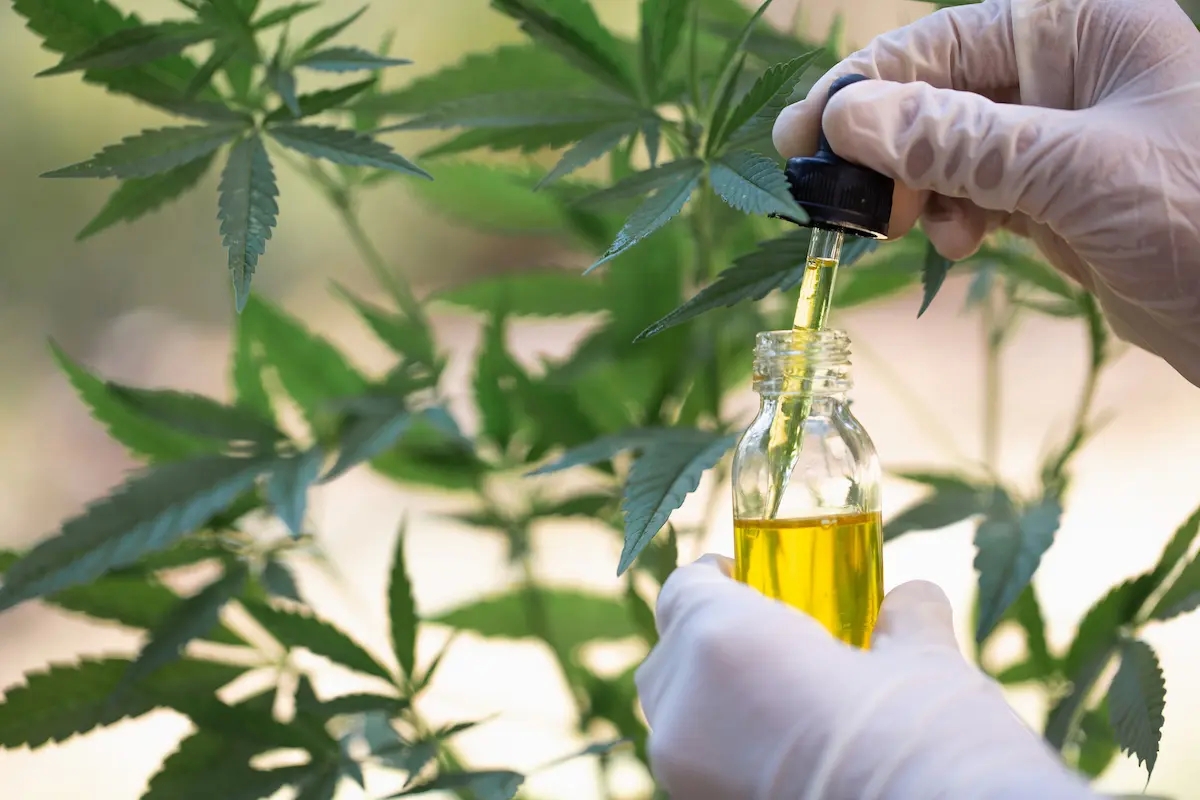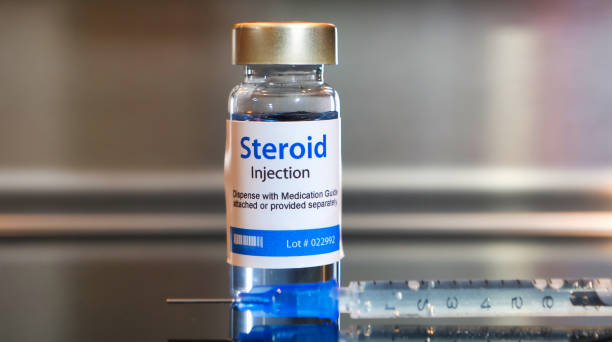THCB, or tetrahydrocannabivarin, is really a cannabinoid found in cannabis plants that may be garnering interest for the possible therapeutic results. Whilst not at the same time-known as THC or CBD, thcb reveals assurance in several parts of well being and medication.
1. Unique Components
THCB shares an identical molecular framework with THC but can vary in their results. Unlike THC, which is recognized for its psychoactive attributes, THCB will not produce the very same euphoric great. Rather, it communicates using the endocannabinoid process in such a way that may offer therapeutic rewards minus the intoxicating outcomes.
2. Weight Reduction
One area where THCB shows assurance is appetite suppression. Research suggests that THCB could help control urge for food and metabolic process, making it a prospective tool for weight management and dealing with situations such as obesity. By impacting the endocannabinoid process, THCB may help balance food cravings signals minimizing diet.
3. Neuroprotection
Studies have also explored the neuroprotective properties of THCB. Investigation signifies that THCB could help guard mind tissue from damage due to neurodegenerative ailments including Parkinson’s and Alzheimer’s. By reduction of soreness and oxidative anxiety in the mind, THCB demonstrates possible as a beneficial agent for protecting mental operate and decreasing the progression of these circumstances.
4. Contra–Inflamation and Antioxidant Effects
Like other cannabinoids, THCB reveals contra–inflamed and antioxidant attributes. These outcomes may make it beneficial for dealing with situations observed as swelling, like rheumatoid arthritis, numerous sclerosis, and inflamation intestinal condition. By reducing inflammation and oxidative anxiety within your body, THCB could help reduce signs or symptoms and increase general wellbeing.
5. Upcoming Investigation
Whilst the pre-existing analysis on THCB is promising, additional studies are needed to understand fully its prospective positive aspects and elements of activity. Clinical trials exploring its efficiency in several situations may help elucidate its function in treatments and wellness. Furthermore, much more research is needed to determine the optimal dose and delivery service strategies for THCB to optimize its restorative results although minimizing adverse reactions.
6. Conclusion
THCB represents a guaranteeing area of research in the field of cannabinoids and their possible therapeutic apps. Using its special components and possible rewards in places such as suppressing of your appetite, neuroprotection, and swelling modulation, THCB keeps promise for addressing various health problems and increasing total wellness. Continued research and numerous studies will probably be essential in unleashing the full possible of this cannabinoid.



